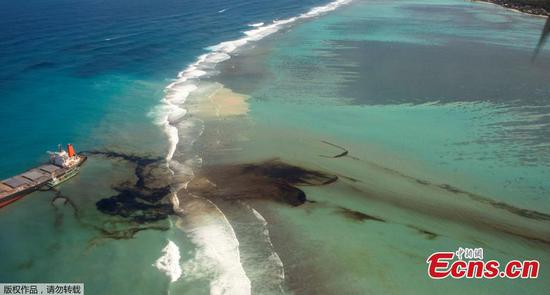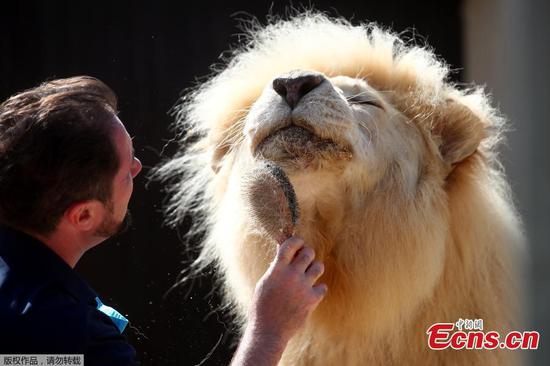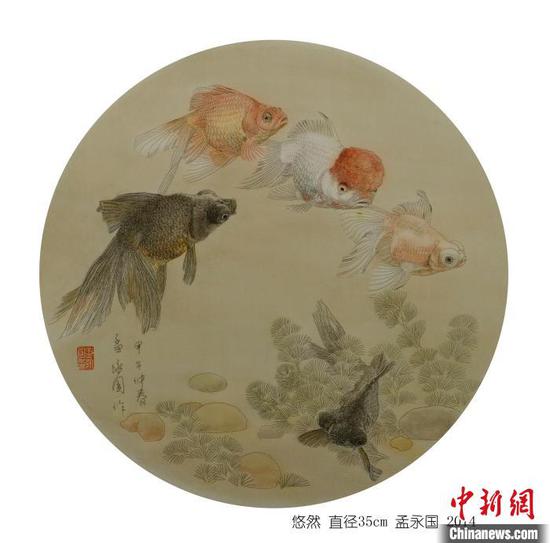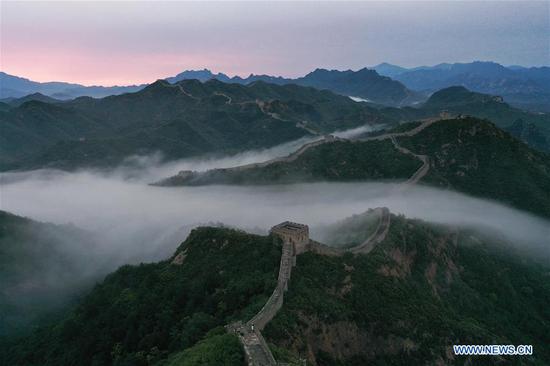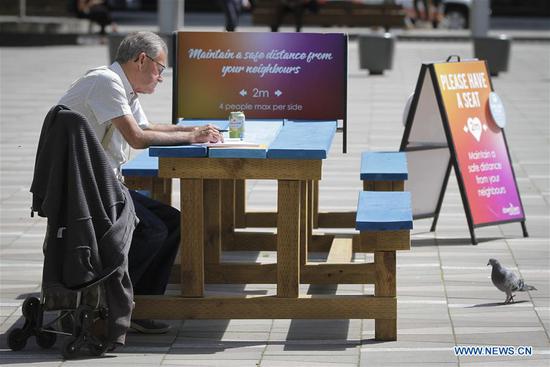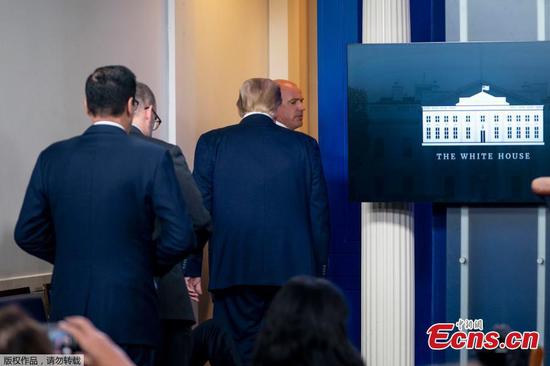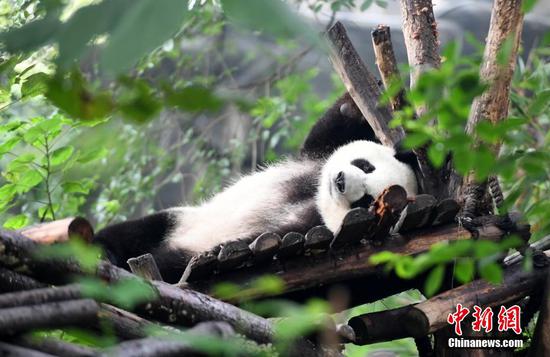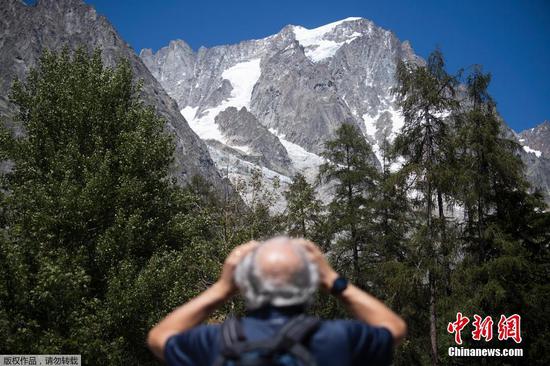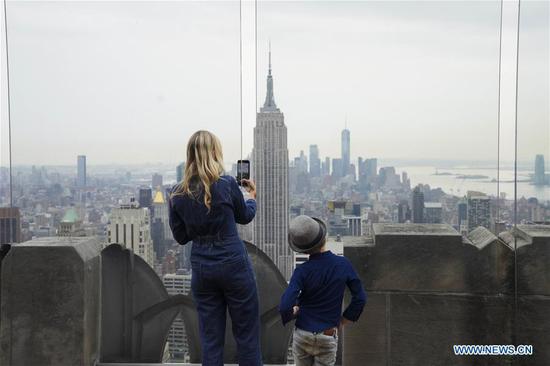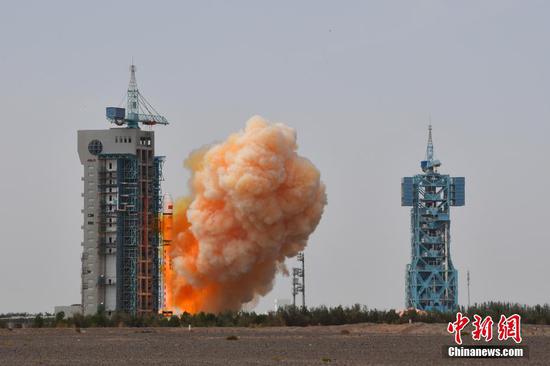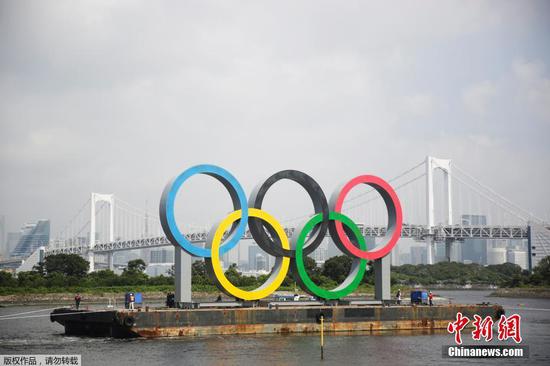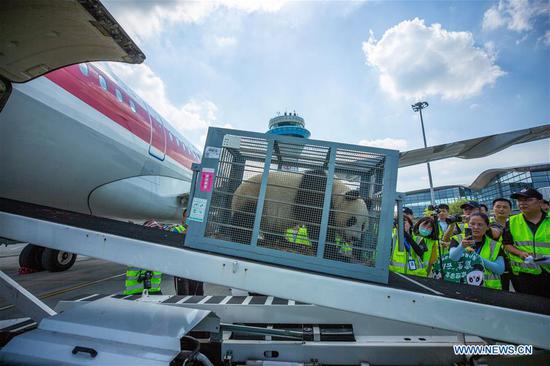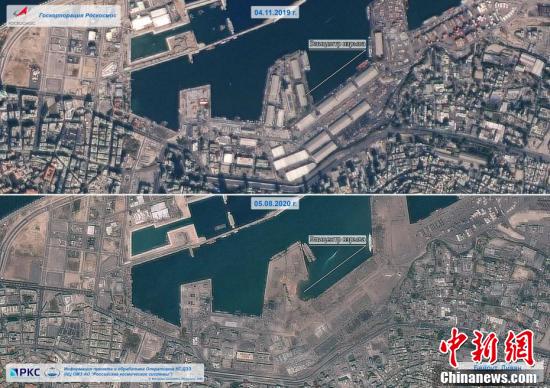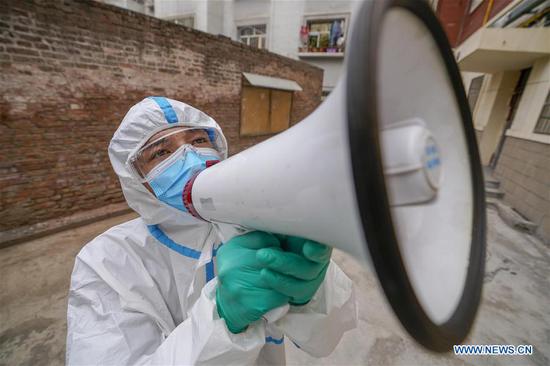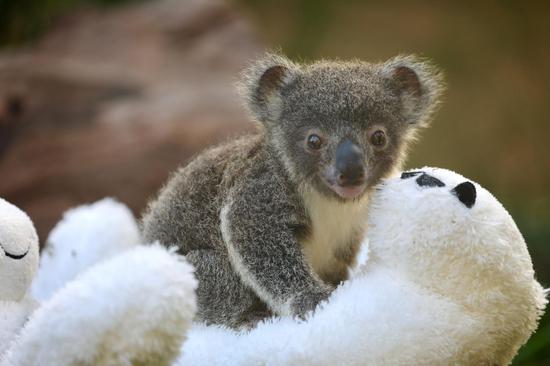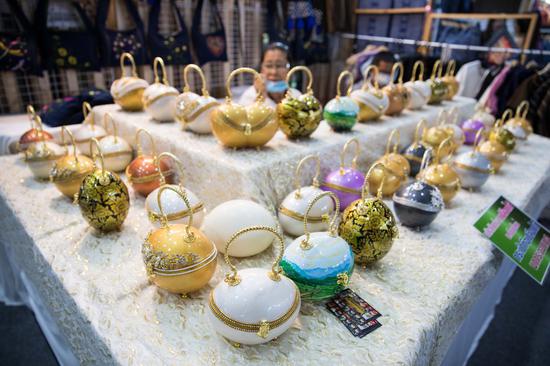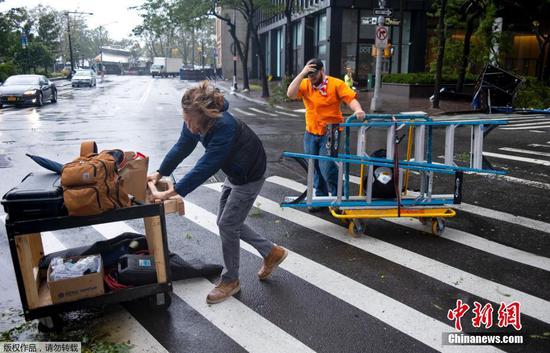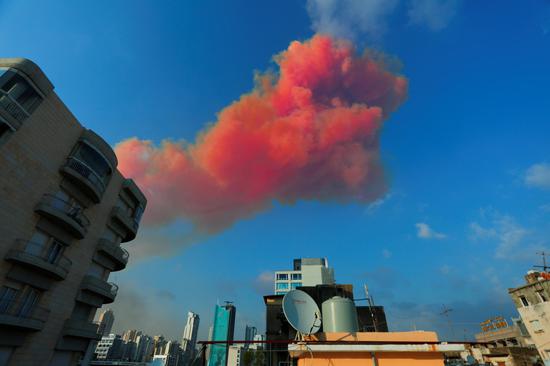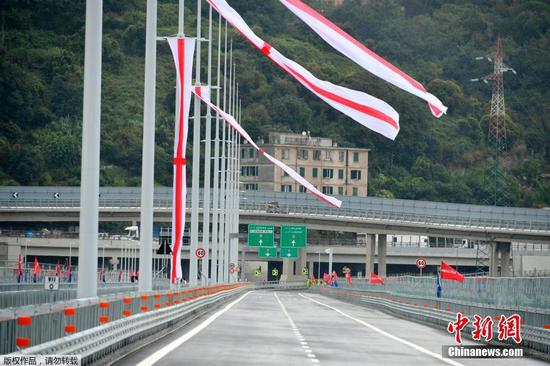Guancha: There are two different views at home and abroad on how China should respond to U.S. crackdown and containment. One argues that China should put up with them, and should not lower itself to the same level as those anti-China U.S. politicians so as not to fall into their trap of China-U.S. confrontation. The other believes that China should not appear weak and it should fight back resolutely with tit-for-tat countermeasures. Which one do you agree with?
Le Yucheng: China always pursues an independent foreign policy of peace, and hopes to make friends and maintain good relations with all countries. The Chinese people are aboveboard, honest and sincere. We are not aggressive. We do not bully. Nevertheless, being modest and gracious does not mean having no sense of right and wrong or giving up principles. On issues concerning China's core interests and national dignity, there is simply no room for us to back down. If we give up an inch, they will ask us to back off a mile and through salami tactics, they will never stop undermining China's sovereignty and dignity. Some people in the United States have been spreading rumors and making slanderous attacks on China. If we always stay silent and do nothing about it, the international community will be easily misled by these lies. We should not forget that Iraq was destroyed because the United States displayed a little test tube containing washing powder, and Syria suffered military strikes because of a few staged photos of alleged chemical weapons attacks. We will never allow such tragedies to happen to China.
Our guiding principles are very clear. We do not provoke, and we will not flinch from provocations, either. We will not move to the beat of villains, and we will not put up with their wickedness, either. We never fire the first shot. Every response has been a move of self-defense and counterattack. It's been almost 100 years since the founding of the CPC and 70-plus years since the founding of the People's Republic. We have endured all kinds of challenges and hardships. The United States tried many times before to contain and impose sanctions on China in history. We have not only survived, but also thrived. As Comrade Deng Xiaoping once pointed out, "The last country in the world to be afraid of isolation, blockade or sanctions is China". We are not intimidated by the recent U.S. sanctions against 11 officials from China's central government and the government of the Hong Kong SAR. On the contrary, people feel honored to be on that list. The list of sanction has become a "list of recognition".
Some people attribute the tensions between China and the United States to China's allegedly more assertive and aggressive foreign policy. I do not agree. Expansionism and hegemony are never part of China's cultural tradition. While China is making progress in its development, it should naturally shoulder greater international responsibility and make more contribution to the world. And that is also a common expectation from the international community.
For example, China's share in membership contributions to the UN has jumped from one percent 20 years ago to today's 12.5 percent. Its share in UN peacekeeping budget has gone up to 15 percent. China has sent more peacekeepers than any other permanent members of the UN Security Council. Our assistance to other developing countries has also significantly increased. Which part of this is not good for the world? What is there to accuse? Some Americans used to call China a "free-rider". But when China is contributing financially and materially to the world and providing more public goods, they say this is driven by strategic motives and hegemonic ambitions. Aren't they self-contradictory?









